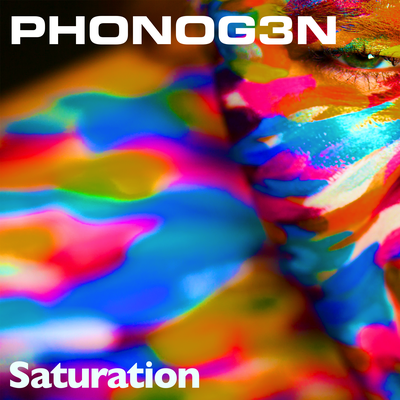Navigation
Web Tips
Trentemøller - Live on KEXP
He was accompanied by Brian Batz (guitar), Jacob Haubjerg (bass, vocals, guitar), Disa Jakobsdotter (vocals, guitar), and Silas Tinglef (drums). The performance was noted for its rich atmosphere and the fusion of electronic and organic sounds. Trentemøller, born Anders Trentemøller, is a Danish musician, producer, and multi-instrumentalist known for his atmospheric soundscapes and blending of electronic music with indie elements. Born in 1972 in Vordingborg, he began his career in the 1990s and evolved from a minimal techno DJ to an artist incorporating genres like shoegaze, darkwave, and dreampop into his music. His live performances are renowned for their intensity and emotional depth.
Tame Impala / Justice
The music video for “Expectation” was released on December 3, 2010 and directed by Clemens Habicht. It was filmed in an autumnal forest near Saint-Cloud in France. Despite the acoustic confusion, clear song structures are always present, which was not a matter of course in the late 60s, where the sound of Tame Impala is located. “Expectation” captivates with its shimmering guitars, multi-layered effects and Kevin Parker's distinctive falsetto vocals. The hypnotic song structure is particularly striking: a loose groove develops into a psychedelic vortex that builds for minutes without ever being predictable. In keeping with the title, the lyrics deal with the inner tensions between what you expect and what actually happens. The songs are also limited to a maximum of 5 minutes, which is good for the whole thing.
Update: A significant milestone was reached at the beginning of 2025 when Tame Impala won the Grammy in the “Best Dance/Electronic Recording” category for the song “Neverender” together with the French duo Justice - Parker's first ever Grammy.
NFT's in the musicindustrie
This means more independence, transparent revenue, and closer fan engagement. Big names like Kings of Leon, Grimes, and Snoop Dogg have already released successful music NFTs. Critics point to the environmental impact of blockchain, but innovations promise greener solutions. One thing is clear: NFTs are more than a trend – they could help shape the future of music
Update: Snoop Dogg meets the future of music – on Tune.FM, a blockchain-based music platform giving artists more control and fairer payouts. Musicians can release their tracks as NFTs, earn directly, and connect with fans – all without traditional middlemen. Known for always staying ahead of the curve, Snoop brings his forward-thinking mindset to both music and tech. His involvement with Tune.FM signals a shift toward a new era of music distribution. Hip-hop, high-tech, and creative freedom – that’s Tune.FM with Snoop Dogg.
LINK TO THE ARTICLE: "Brian Eno on NFT"
Pete Drake
In the early 1960s, Drake developed an innovative technique by combining his steel guitar with a "talk box." This device directed the guitar's sound through a tube into his mouth, allowing him to create vocal-like effects. His 1964 instrumental piece "Forever," which utilized this effect, reached number 25 on the Billboard Hot 100 and sold over a million copies. Drake collaborated with numerous artists, including Bob Dylan on "Nashville Skyline" and George Harrison on "All Things Must Pass." His innovative use of the talk box inspired musicians like Peter Frampton, who later incorporated this technique into his own works. Pete Drake passed away on July 29, 1988, in Nashville, Tennessee, but left a lasting legacy in music history.
Ultravox - Studio 1984
Midge Ure and his bandmates experimented with futuristic soundscapes, layered synth tracks, and blended electronics with rock elements. These recordings showcase the fusion of technology and creativity. A must-watch for synth-pop fans and anyone who wants to witness music history in the making!

